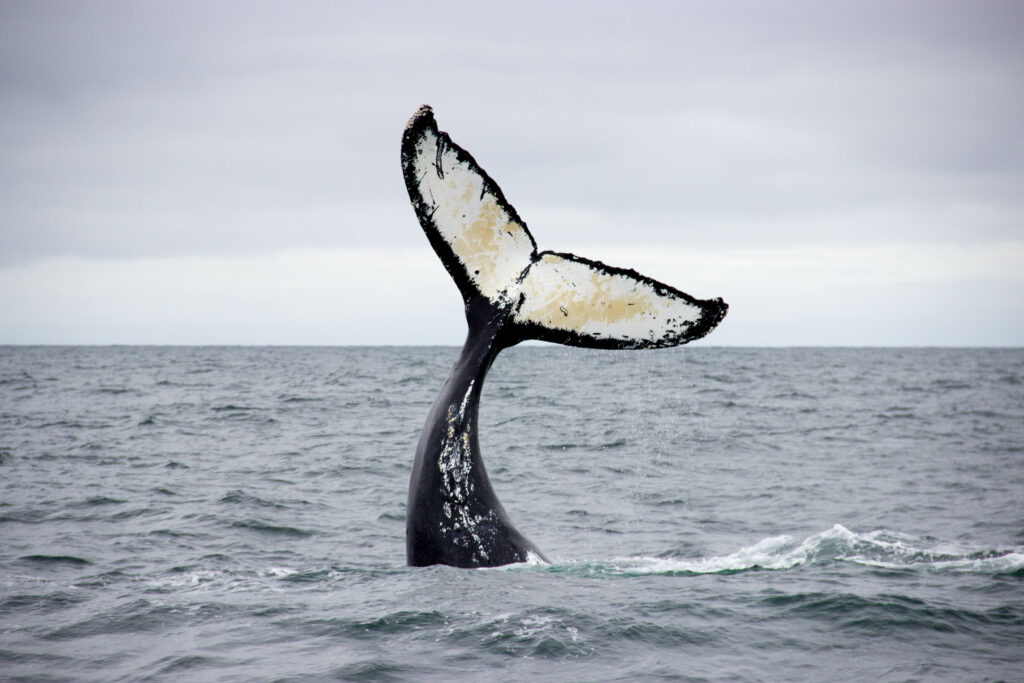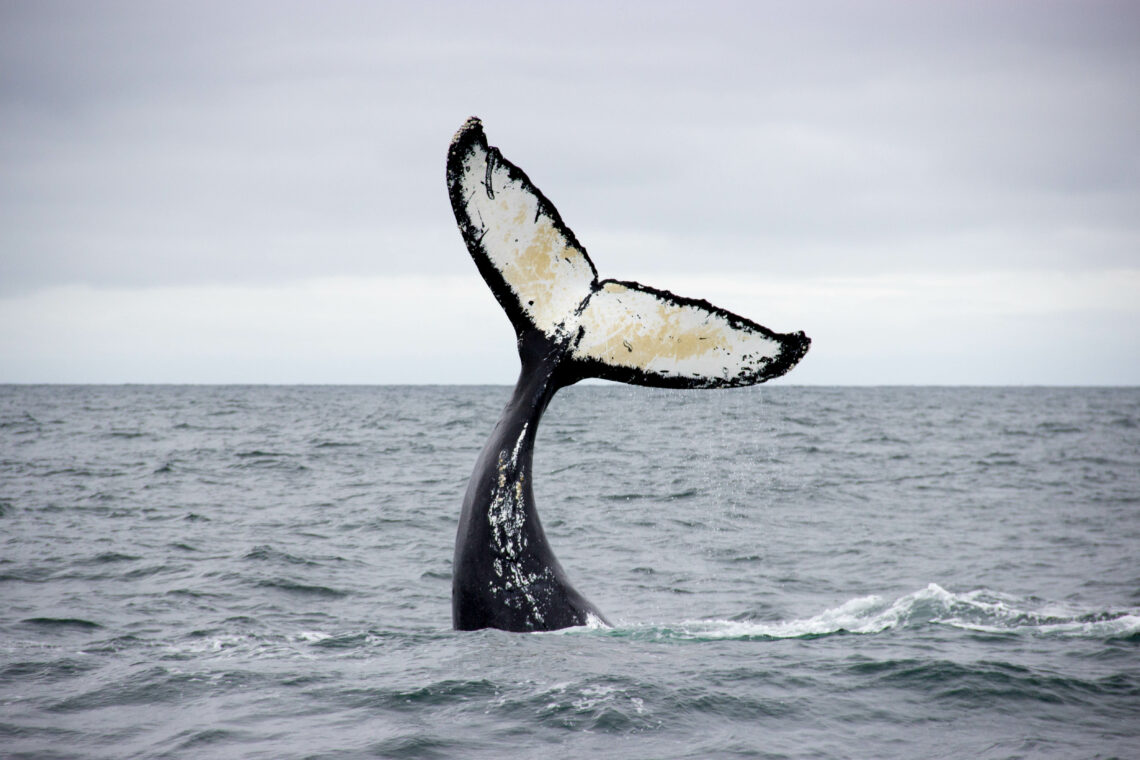Last month on September 16th, someone who was out on Butler Beach in Florida called the Florida Fish and Wildlife Conservation Commission’s (FWC) Wildlife Alert Hotline to report that they saw a baby dolphin had washed up on shore.
This beachgoer snapped photos of the baby in question, which actually turned out not to be a dolphin but a dwarf sperm whale calf that was tragically emaciated.
St. Johns County Beach Services was called out to help with the whale calf, and they noted in a video shared online that the baby was incredibly thin and covered in a bunch of cuts.
Also, the baby’s mom was nowhere to be seen.
“Staff and volunteers brought the whale to veterinarians for examination; after consultation with NOAA, it was humanely euthanized,” SJC Beach Services wrote in an Instagram post.
“After a necropsy (animal autopsy), it was found to have a large plastic bag in its main stomach with associated ulcers.”
SJC Beach Services went on to talk about what you should do in the event that you ever come across a beached baby whale or other ocean creature.
“If you see a beached marine animal—even a small one, like this whale calf—do NOT push it back in the water; it stranded for a reason, and pushing it back delays humane treatment and care,” they continued.
If you happen to live in their area, you should report any stranded ocean animals to their hotline number, which is 1-888-404-3922.

A spokesperson for the nonprofit Oceana, which is dedicated to protecting our oceans, wrote in a reaction to the death of the baby whale, “Plastic has not only been thrust onto us as a society but it’s also been pushed onto our oceans and marine wildlife. There’s nothing natural about a plastic bag in a whale calf’s belly. Plastic production is increasing at a rapid rate, and so too is the amount of plastic going into the oceans.”






